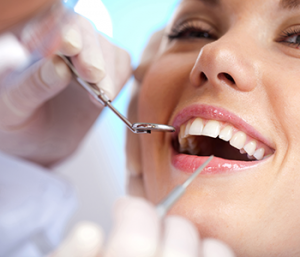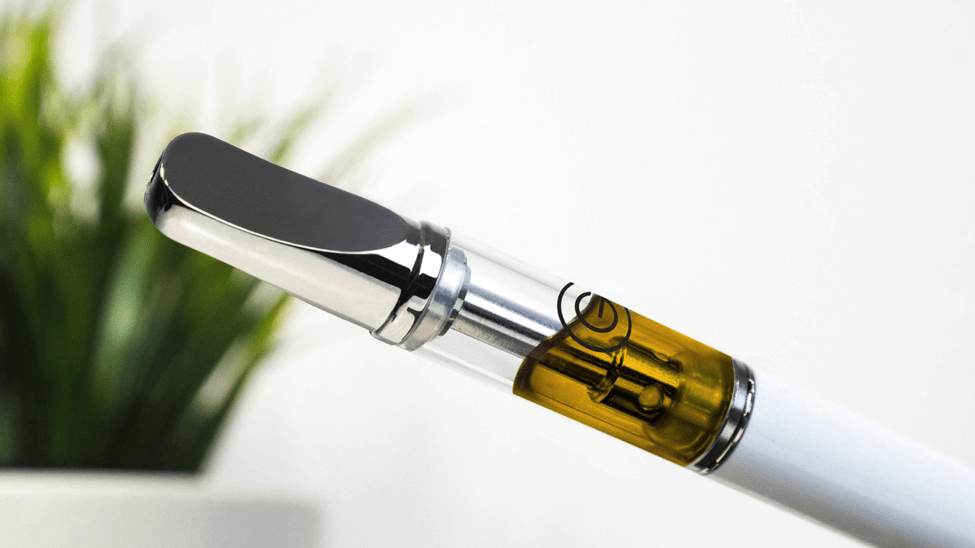Holistic approaches to bruxism management emphasize the profound connection between the mind and body, recognizing that this condition often results from a complex interplay of physical, emotional, and psychological factors. Bruxism, the habitual clenching or grinding of teeth, is not solely a dental issue but a manifestation of various stressors and imbalances in one’s life. Holistic management, therefore, seeks to address not only the symptoms but also the root causes of bruxism. At the core of this approach is the acknowledgment that stress, anxiety, and unresolved emotional issues are common triggers for bruxism. Holistic therapies like mindfulness meditation, yoga, and deep breathing exercises can help individuals develop greater awareness of their emotional states and reduce the tension that may lead to teeth grinding. By practicing mindfulness, individuals can learn to identify and manage stressors, ultimately breaking the cycle of bruxism.

Diet and nutrition also play a pivotal role in holistic bruxism management. Certain nutritional deficiencies can exacerbate bruxism, and consuming a balanced diet rich in essential vitamins and minerals can alleviate this problem. Additionally, loop dentistry some holistic practitioners advocate for herbal remedies and supplements, such as magnesium, which can help relax the muscles and promote better sleep, further addressing bruxism at its source. The mind-body connection is further underscored through bodywork therapies like acupuncture and chiropractic care. These therapies aim to correct physical imbalances and alleviate muscle tension, reducing the physical manifestations of bruxism. They also have the added benefit of promoting relaxation and emotional well-being, which can indirectly reduce the likelihood of bruxism.
Holistic dentists also consider the potential role of dental alignment and occlusion in bruxism management. They may recommend orthodontic or occlusal adjustments to ensure that the teeth and jaw are properly aligned, reducing the risk of grinding. This approach acknowledges that dental health is closely interconnected with the overall well-being of the individual. Furthermore, holistic approaches often encourage individuals to engage in stress-reducing activities, such as regular exercise, improved sleep hygiene, and relaxation techniques. These practices help to create a more harmonious balance between the mind and body, diminishing the triggers for bruxism. In summary, holistic bruxism management recognizes that the mind and body are intimately linked, and addressing both physical and emotional aspects is essential for effective treatment. Through mindfulness, nutrition, bodywork therapies, dental adjustments, and stress-reduction techniques, individuals can attain a more holistic understanding of bruxism and, in turn, work towards a more comprehensive and sustainable approach to managing this condition. By fostering a healthy mind-body connection, individuals can not only alleviate the symptoms of bruxism but also enhance their overall well-being.




